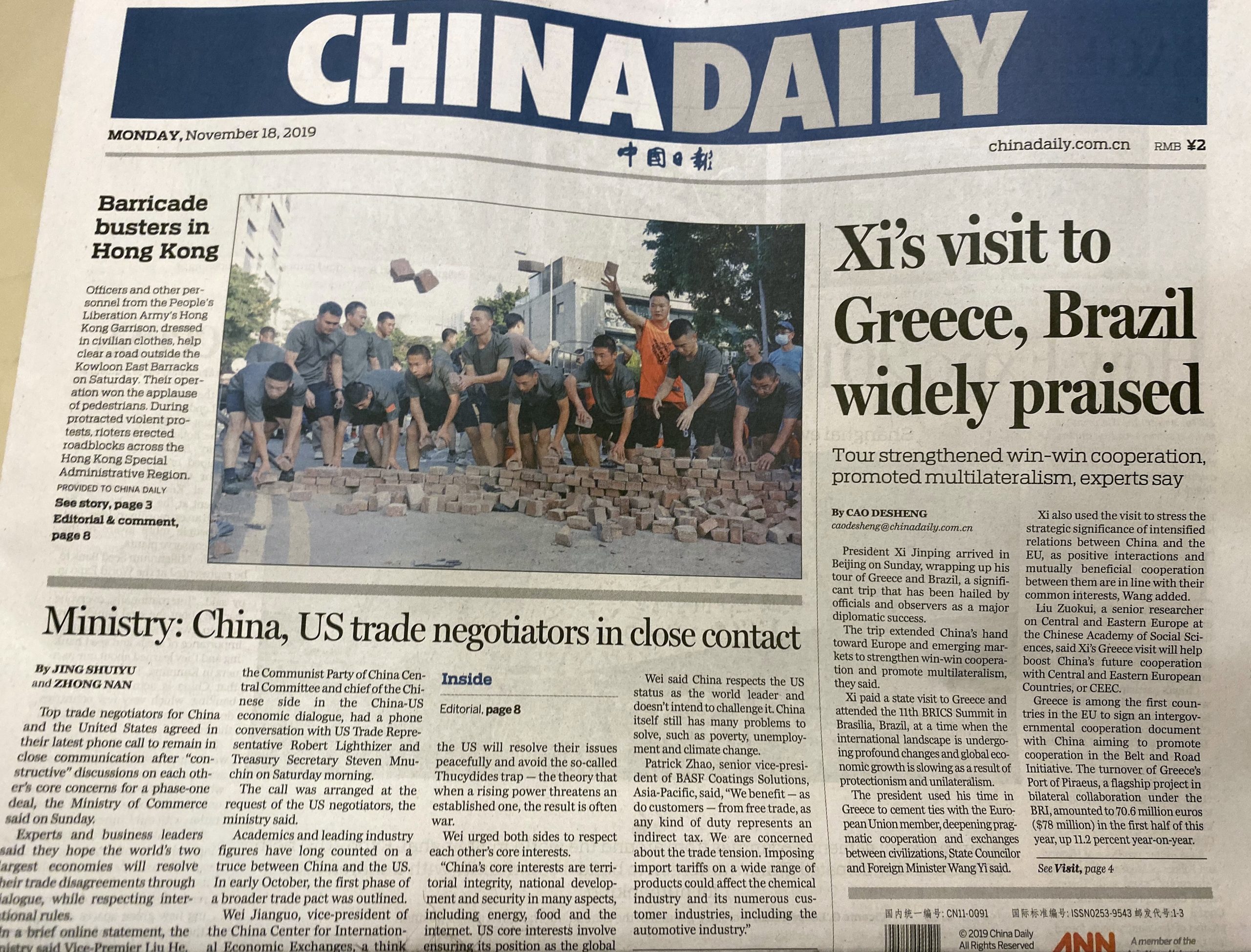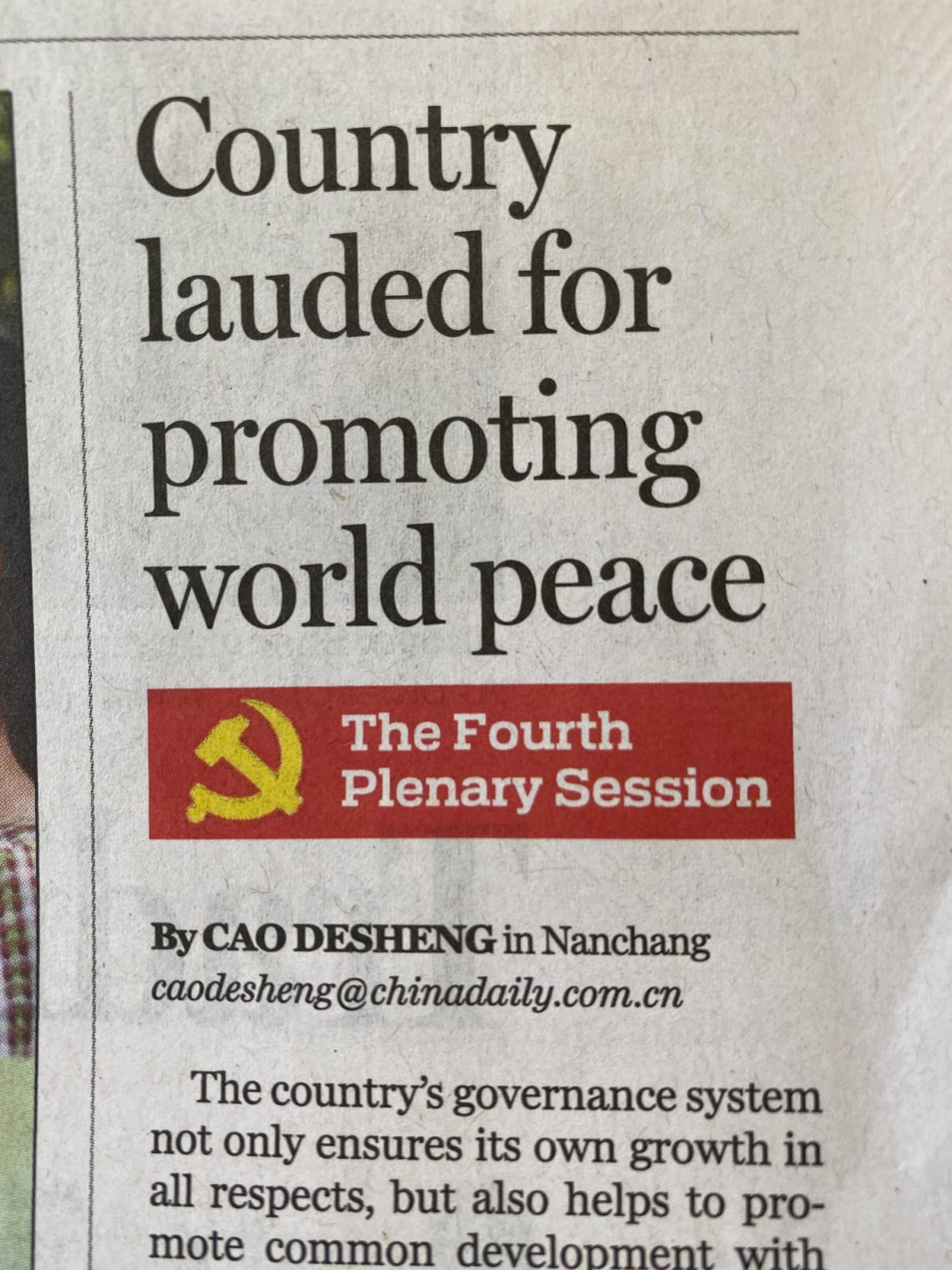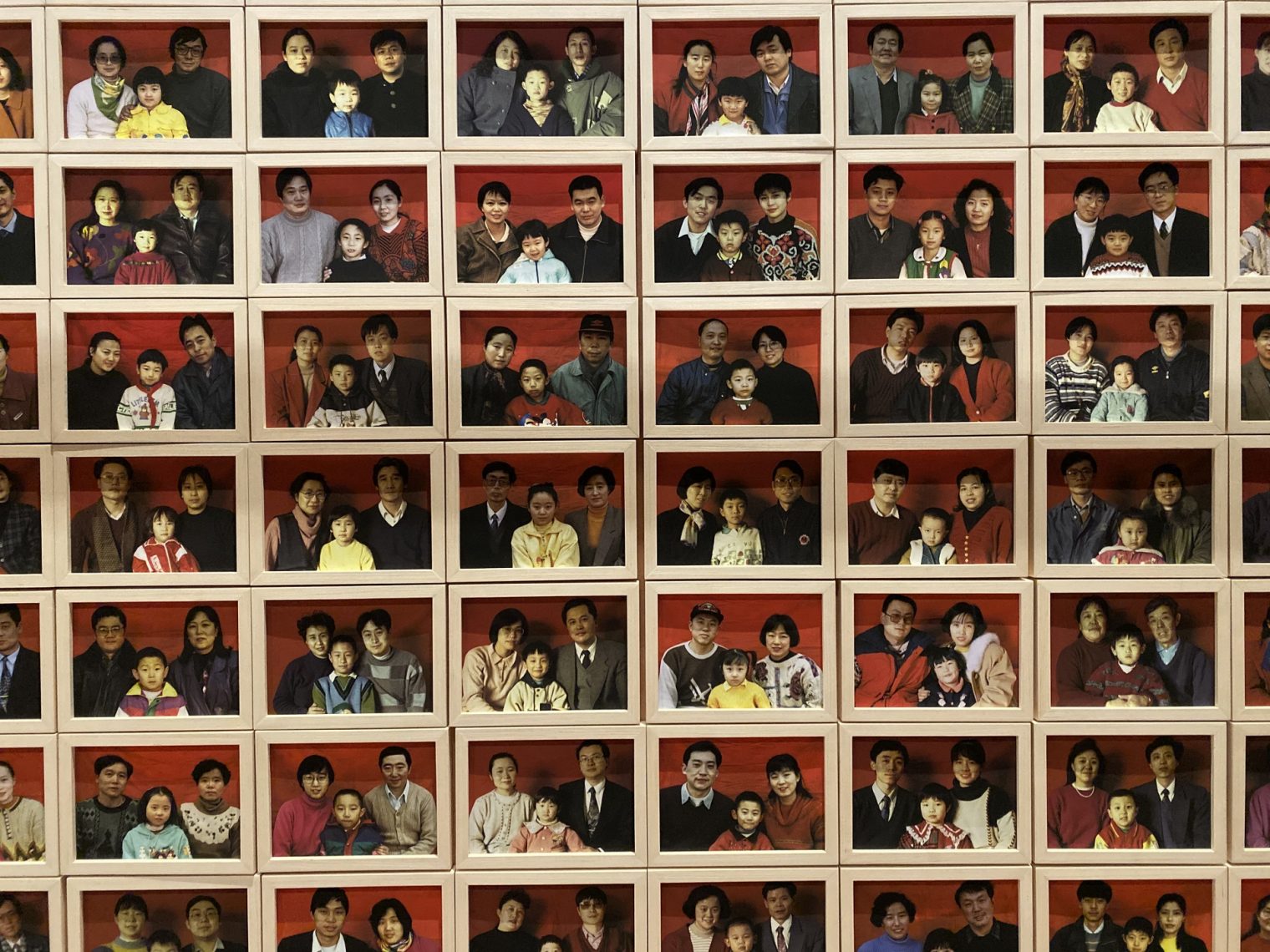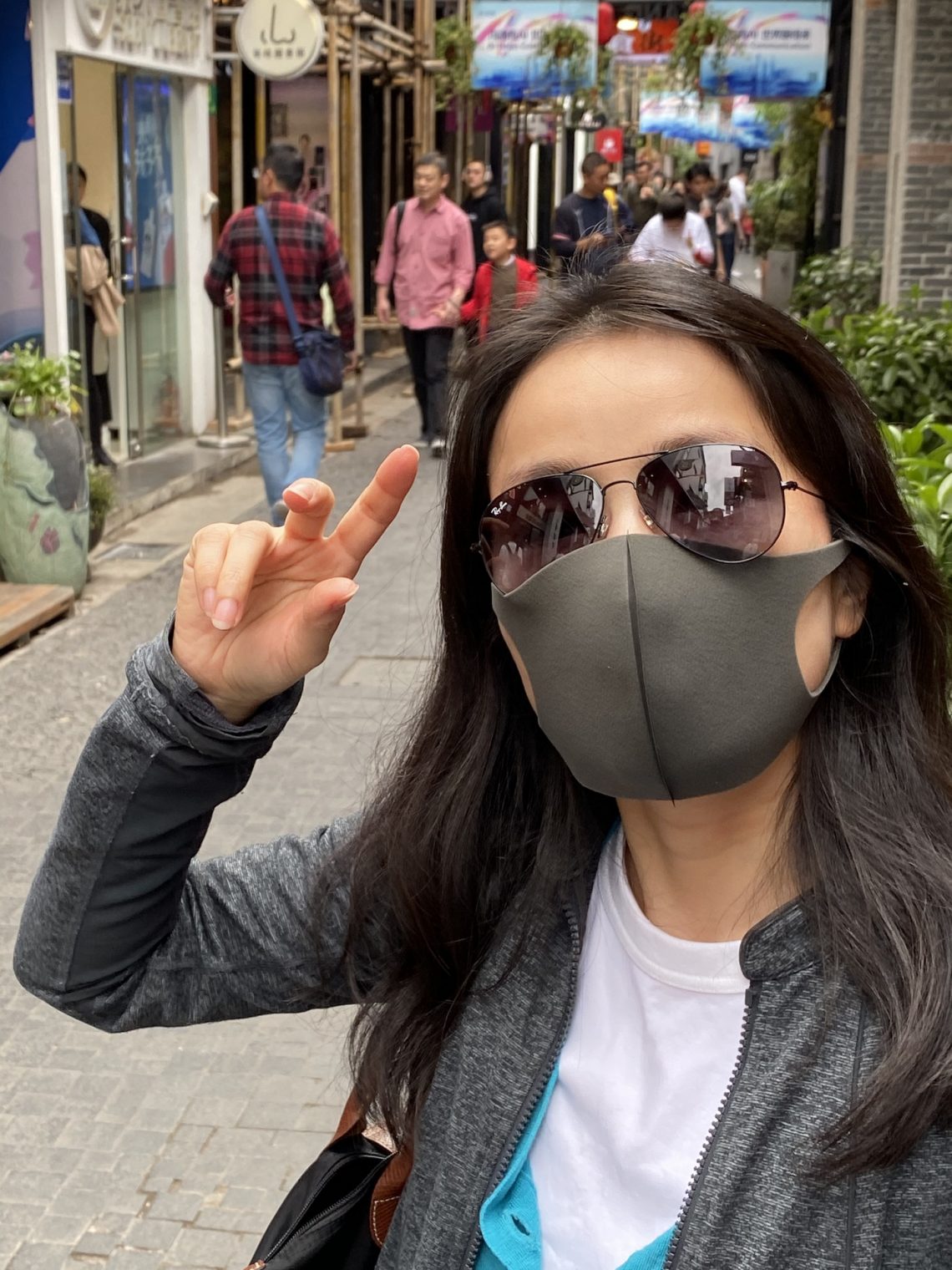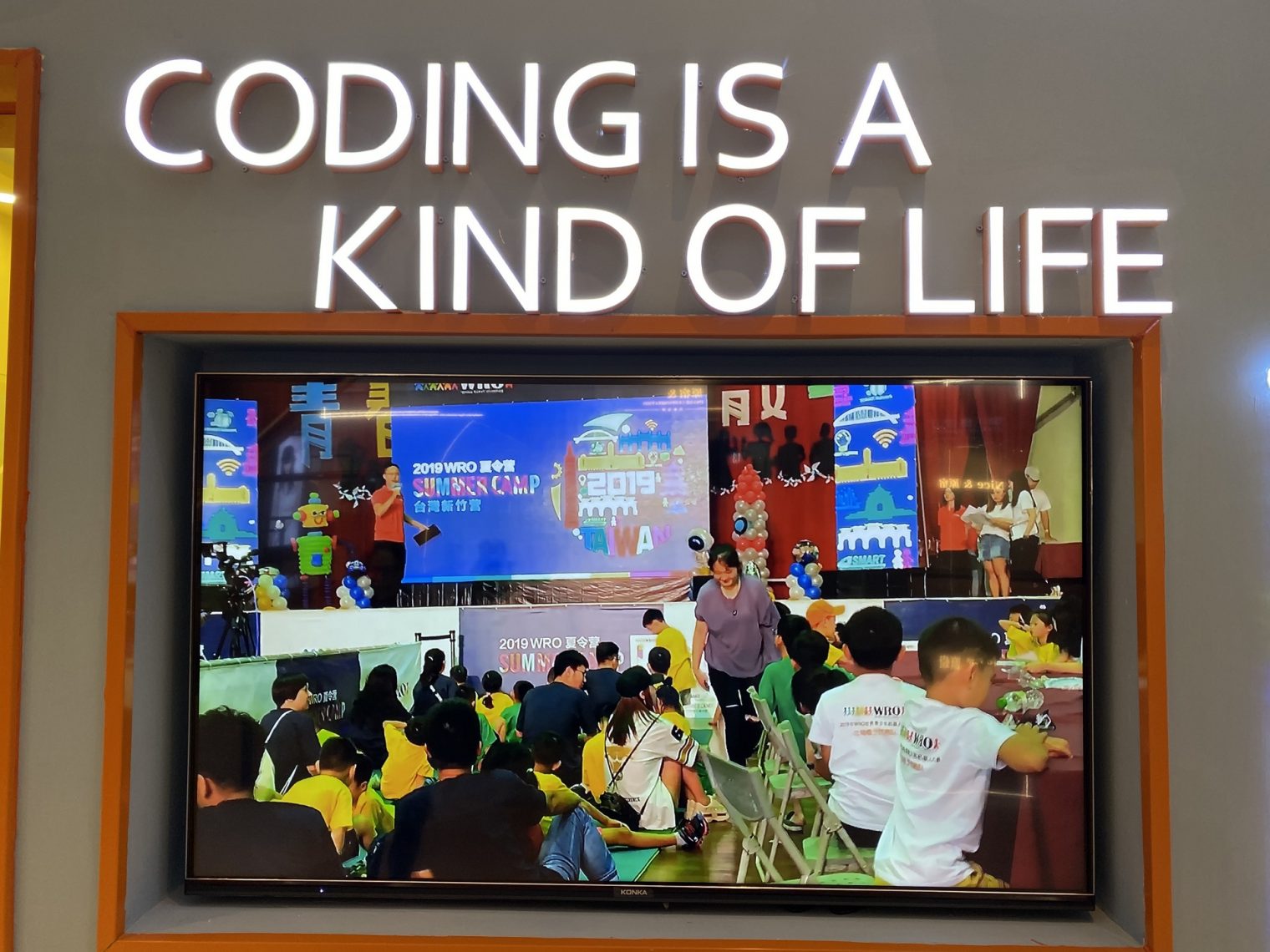White men correctly perceive American Jews as their enemies?
The Jew-hater-in-Chief is back in the news for his purported Jew-hatred:
- “Jewish leaders criticized Trump for telling Jewish audience they have ‘no choice’ but to vote for him instead of Elizabeth Warren’s wealth tax” (CNN)
- “Anti-Semitism is rising in the U.S. — and many Jews blame Trump” (The Jewish News of Northern California)
The existence of white men who express hostility to American Jews is cited as proof that Trump is responsible for this hostility (and all of this is additional evidence for Trump’s proven stupidity, since only the dumbest of Jew-haters would choose to live in Manhattan and Palm Beach; Wikipedia: “The population of Palm Beach County is 20% Jewish, which makes it by far the most Jewish county in the United States. ‘To find a more densely populated Jewish community, you’d have to go to Israel,’ says Richard Jacobs, vice president of community planning for the Boca-based Jewish Federation of South Palm Beach County.”; NYC has the largest Jewish community outside of Israel).
But what if a white guy’s perception that American Jews are his enemies is accurate?
Suppose that a low-to-medium skill white man wants to earn money via working. This article by a Harvard economist says “The total wealth redistribution [due to low-skill immigration] from the native losers to the native winners is enormous, roughly a half-trillion dollars a year.” What political party promotes the low-skill immigration that will take money away from this white man via lower wages and higher rent and give it to rich Americans (they enjoy paying lower wages for their service workers and receiving higher rents for the apartment buildings that they own)? The Democrats. Although only 71 percent of Jews voted for Hillary Clinton (Wikipedia), groups that claim to be “Jewish” constantly remind Americans that adherence to the modern version of the Jewish faith compels them to vote for Democrats, support immigration, etc. (example: “The Jewish Case for Open Borders”, which notes “Jews have been especially active in this mobilization, driven by their social liberalism, their sense of religious duty, or both. Synagogue networks sprang up to offer aid to refugees, while groups like Jews United for Justice and Jewish Voice for Peace have been a visible presence at protest rallies.” (it would be interesting to run an experiment in which physicians and lawyers from around the globe show up and are immediately eligible to practice medicine/law in NYC, Los Angeles, DC, and Miami, then see whether “religious duty” compels Jews to support open borders!)).
An Orthodox friend expressed fears several years ago that the Hebrew Immigrant Aid Society (now “HIAS“) would lead to anti-Jewish sentiment in the U.S. The group started out by taking voluntary donations to help Jews settle in the U.S. Today they take taxpayer dollars (partly collected from low-to-medium-skill white men) to help “refugees” take up residence in corners of the U.S. that are far from the organization’s suburban Washington, D.C. and Manhattan offices. The organization also lobbies to demand that the government admit more refugees (which would translate into more revenue for HIAS). My friend pointed out that these refugees compete with natives for jobs and housing and that one day either a refugee or a child of a refugee brought in by HIAS might participate in a domestic jihad (see Omar Mateen, child of Aghan immigrants, Syed Rizwan Farook, child of Pakistani immigrants, and our local asylum winner: Dzhokhar Tsarnaev).
In October 2018, a 46-year-old white guy killed 11 mostly elderly Jews in Pittsburgh after their synagogue promoted its support for HIAS. The organization’s web site shows numerous recent articles doubling down on the idea that bringing more migrants to the U.S. is a specifically Jewish mission, e.g., “Jewish Groups Rally to #CloseTheCamps” (“Jewish groups across the country marked Tisha b’Av, the traditional Jewish day of mourning, on August 10-11 with vigils and protests to demand an end to the mistreatment of immigrants and refugees.”), “More Than 1500 Jewish Clergy Sign Petition to Protect Asylum” (“‘This country is a nation of immigrants, our story is one of immigration and travel from one place to another,’ said Rabbi Elyse Wechterman” (#SoBrave, but how many Hondurans are qualified to take her job?)), and “The Pittsburgh Attack: One Year Later” (“We cannot disentangle white nationalism, anti-Semitism, and anti-immigration sentiment because they are all bound together by hate” — but what if it was HIAS itself that bound together anti-Semitism and anti-immigration sentiment?).
Suppose that a white man is in between jobs. What political party advocates the continued legality of discrimination in employment such that he will be hired only if no acceptable applicants identifying as “women” or non-white are available? Again, the Democrats and again, publicly supported by people who call themselves “Jews.” (See also, the Anti-Defamation League supporting race-based college admissions; the 2018 “Reform Jewish Movement Condemns Decision to Roll Back Federal Affirmative Action Guidance”; a 2017 article noting that “Most mainstream Jewish organizations still support affirmative action.”)
American Jews are more likely than non-Jews to benefit from a larger government. Jews are over-represented in medicine by 7X (source, a bit misleading since I don’t think this is adjusted for the fact that median age among Jews is older than the U.S. median and an older person is more likely to have completed medical school). For anyone working in health care, the river of government cash that started flowing in the 1960s (Medicare and Medicaid) has been wonderful. Jews have more years of education than the average American (Pew) and therefore are more likely to get jobs at universities, which have been supported by federal student loan subsidies (and soon, loan forgiveness in Queen Elizabeth Warren’s jubilee year!), tuition grants, and research grants. Jews living in larger cities (that may be 97 percent of us) have benefited from the fact that a big government builds most of its lavish facilities in big cities. I don’t want to take the risk of being lumped in with the Jew-haters by implying that there are Jews who work in finance, but if there are indeed any Jews in this sector of the economy they’ve been advantaged by government policies favoring Wall Street. Jews tend to hold the credentials that qualify them for unionized government work, e.g., school teacher, social worker, etc. So they benefit when government payrolls are fattened and expanded.
Jewish Democrats will tell you that they’re voting for a bigger government not in order to line their own pockets, but because of their commitment to social justice, which they say may be inspired by their Jewish faith and identity. But what stops a white man who can’t access these rivers of government cash from resenting these Jews and disbelieving their claims of altruism? (When queried, my coastal-dwelling Jewish friends simply dismiss the possibility that there is anyone who could have voted against the Democrats for reasons of rational self-interest; in their view, Trump voters, for example, are stupid and short-sighted, and fail to realize that they are stupidly voting against their own self-interest, e.g., because Planet Earth will be destroyed by climate change without the Democrats in charge of the federal government.)
Hypothetical: Suppose that the coastal elites forgot to take away the right of the non-elite non-welfare-collecting Americans to vote. And then a candidate who promised to advocate for the interests of those who weren’t poor enough to collect welfare and weren’t credentialed enough to get on the government payroll actually became President of the United States? Then a bunch of Jews simultaneously showed up to Congress to try to get rid of this person? Would a non-elite white guy then be irrational to perceive Jews as his enemies?
Reality: “Three of the impeachment witness lawyers were Jewish, and it matters”:
And while the officials who appeared before Schiff’s committee were fact witnesses who described the events surrounding the Ukraine scandal, Judiciary Committee chair Rep. Jerry Nadler, D-N.Y., brought three witnesses — all constitutional scholars — that he hoped would outline a theory of impeachment.
All three witnesses are Jewish: Noah Feldman of Harvard, Pamela Karlan of Stanford and Michael Gerhardt of the University of North Carolina. So are Schiff and Nadler, and so was the Democrats’ counsel who directed the first 45 minutes of questioning, Norm Eisen.
I.e., if you were a Trump voter watching the above on TV and someone called from the kitchen to ask what was going on, you would be literally correct in saying that “a bunch of Jews are trying to undo my vote”. Of course, it wouldn’t be correct to say that “all Jews are trying to undo my vote,” but that’s a logical correction, not an emotional one.
Maybe the majority of American Jews do wish to continue their efforts to harm the interests and undo the votes of roughly 25 percent of Americans (i.e., the white men who voted for Trump). But is it then reasonable to cry “anti-Semitism” if the non-elite white men object to being harmed and disenfranchised?
Readers: What do you think? Given the increased power of government, the dramatic effect of government policies, and the tendency of American Jews to support a particular party/platform, is it possible that the irrational anti-Jewish sentiment of the 19th century has been replaced by rational anti-Jewish sentiment, motivated by anger at the reported actions of Americans who identify as Jews (and are willing to go to any length, short of practicing Judaism, to maintain that identity!).
Separately, could the relationship between Jews and those who currently experience anti-Jewish feelings be repaired? I think so. After 56 years and 50 states (see Travels with Samantha for some of these conversations), I can’t remember meeting anyone in the U.S. who hated Jews as individuals, even those who expressed negative views about the actions of Jews in politics, Jews in media, and/or Jews in finance. Suppose, for example, that in response to any question on low-skill immigration, upper-income degree-holding Jews said “We don’t have any special insight into migration-into-a-cradle-to-grave-welfare-state issues as a consequence of our Jewish heritage and therefore we should let the low-wage native workers who will bear the cost decide policy.” Suppose that Jews quietly voted their self-interest by voting for bigger government, but didn’t use Jewish-owned media (NYT!) to broadcast “anyone who disagrees that the government needs to be bigger is a moron and/or immoral.” Suppose that Jews who are passionate about social justice used their own money to fund private efforts to accomplish social justice goals, e.g., building homes for the homeless, rather than using the political process to try to force people who don’t agree that these goals are appropriate targets of government efforts to pay higher taxes. Given that lobbying the government is the most lucrative investment an American can make (Heritage Foundation), it is a big ask to request that Jews with political connections do something other than politics, but maybe they could try to avoid all showing up at the same time to the same hearing as they did recently?
Related:
- this Showtime clip (“Look at that fine-looking Jew” (towards end))
- “Donald Trump Is Bad for the Jews” (Paul Krugman): “this particular anti-Semitic cliché — that Jews are greedy, and that their political behavior is especially driven by their financial interests — is empirically dead wrong.” The brilliant economist notes that some high-income Jews vote for Democrats, which he credits as altruistic due to the potential for higher tax rates, but never considers that these Jews may derive their income from government spending programs and/or regulatory regimes that Democrats promise to maintain and expand. A physician earning $300,000/year from Medicare and Obamacare may have different interests than the owner of an aircraft repair business who earns the same $300,000/year (see also “Paul Krugman: The Economic Fallout” from 2016: “If the question is when markets will recover, a first-pass answer is never.”).
- “The epidemic of bomb threats against



